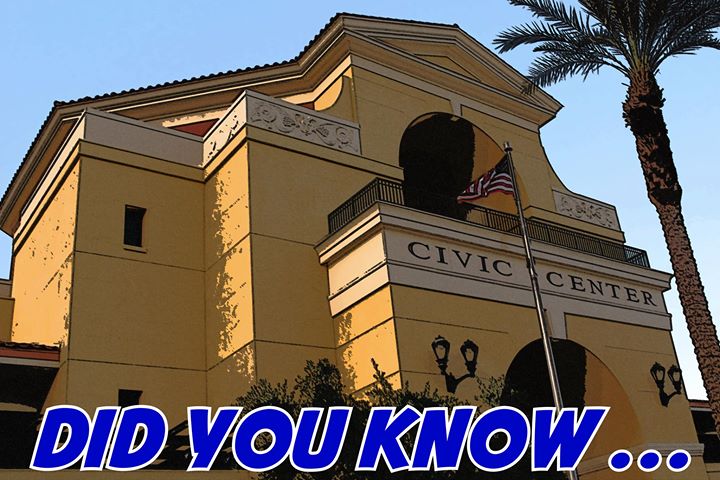Medical Cannabis Revenue Assisting the City with Hiring Additional Public Safety and Code Enforcement Employees
Thanks to the voters who supported Measure N in 2014 and Measure P in 2016, the City Council has recently acted to hire eight additional public safety and code enforcement employees based on projected revenue of the medical cannabis operations in Cathedral City. The new employees consists of a new Fire Battalion Chief, three Firefighters/Paramedics, two additional Police Officers, one additional Code Enforcement Officer, and one additional Assistant Planner.
These new employees will offer residents improved city services by having additional well-staffed, highly-trained first responders for medical emergencies, house fires, and auto accidents. The additional police officers will afford the Police Department with more officers on the streets to help prevent and reduce crime in our residential and commercial areas. Lastly, the new code enforcement officer will help maintain safe and aesthetically pleasing properties as well as respond to neighborhood and public park nuisances during weekend hours, a service not previously available.
According to the City’s Administrative Services Director, medical cannabis will contribute an estimated $300,000 to the City’s budget during this fiscal year that ends on June 30, 2017. This is based on the eight medical cannabis businesses currently operating in Cathedral City. However, projections of medical cannabis and recreational cannabis tax over the next three years will increase the City’s revenue by three million dollars.
Much of this new revenue growth is attributed to the increased number of cannabis cultivation operations that have applied for licensing in Cathedral City. Cannabis cultivation businesses are generally large, warehouse-style grow facilities that are nondescript similar other nearby industrial buildings. Cultivation facilities grow cannabis indoors and are generally visited by only a limited number of employees. They are required to operate utilizing odor control measures to avoid being a nuisance to surrounding businesses and with security plans approved by our police department. Nearly 5,000 square feet of cannabis cultivation is currently operating in the city, but more than 54,000 square feet of additional cannabis cultivation has been recently approved by the planning commission.
To allow for smart growth of the cannabis industry, the City Council has placed restrictions on where cannabis businesses may operate to avoid being located near a school, day care facility or a residential neighborhood and placed a moratorium on approving any more cannabis dispensaries that operate as the retail segment of the business.
As the cannabis industry has begun filling up vacant light industrial and commercial buildings throughout the City, the supply of available space has been significantly reduced. Property owners are keenly aware of this new phenomenon and have begun raising rents where cannabis businesses are legal to operate. In response, the City Council has approved a $50,000 business relocation assistance program to reimburse associated costs incurred by a non-cannabis business due to a cannabis business taking over their current space. It is the Council’s goal to keep longstanding, thriving businesses in Cathedral City while allowing this emerging industry to expand and generate much needed revenue to improve public safety, road conditions, and our public parks.
Whether you were part of the vast majority of voters who approved the two cannabis tax measures or not, this emerging industry will play a significant role in raising the needed revenue, critical for providing vital services to our residents.
About Measure N and P:
Measure N, approved by the voters in November 2014, allows the City to tax up to fifteen cents per each dollar of proceeds or fractional part thereof on marijuana collectives and dispensaries operating in the City of Cathedral City.
Measure P, approved by the voters in November 2016, allows the City to tax up to $25 per square foot of cultivation space, and $1.00 for every gram of cannabis concentrate and every unit of cannabis-infused product manufactured.

